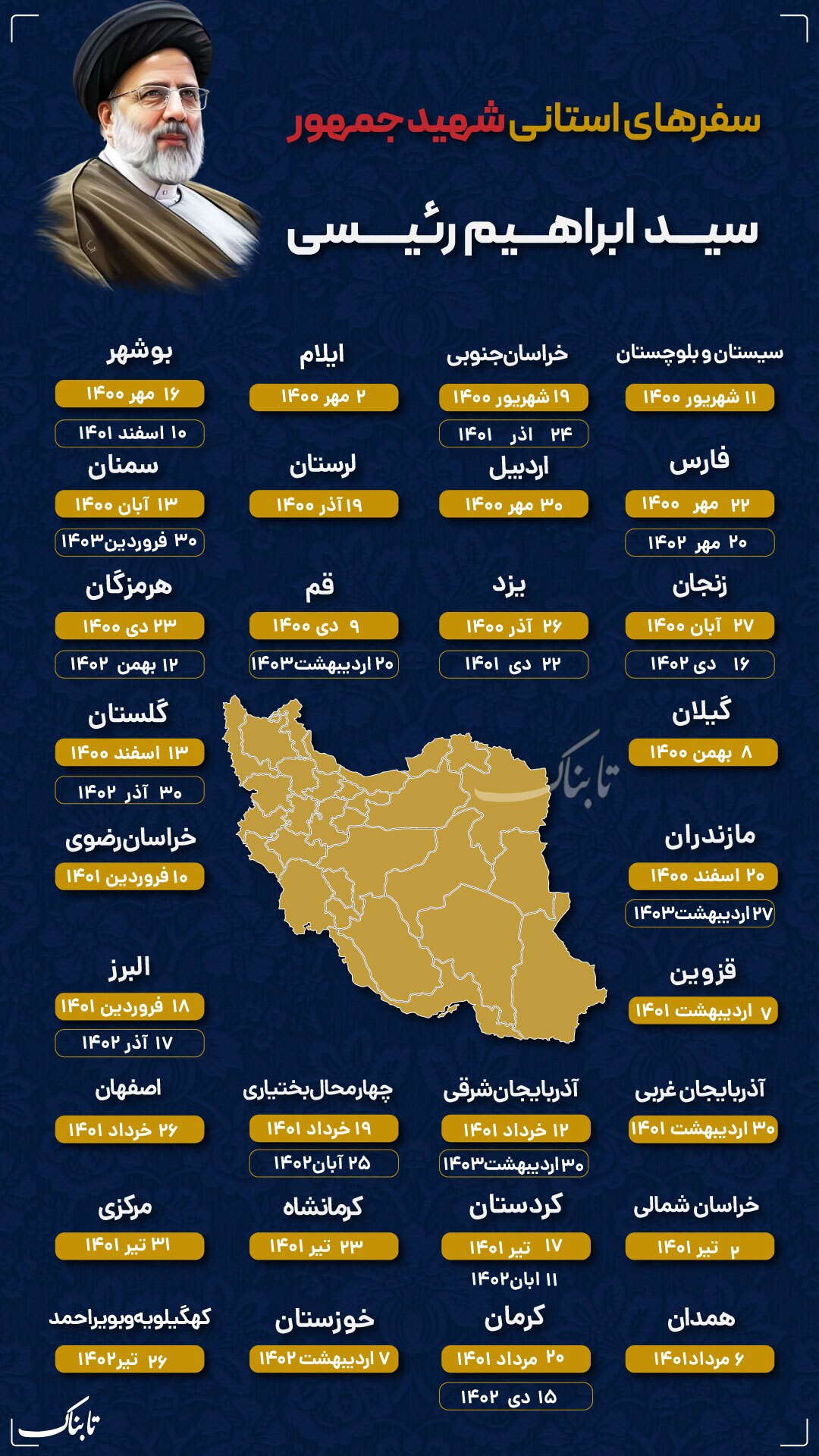As a wealth manager, one of the key principles to understand is that while we cannot control everything, like market performance, we can control strategic decisions that impact a client’s financial future. One such controllable factor is the timing of retirement. Your retirement date is set in your employment contract, but you can choose the date that you want to retire from your employer’s retirement fund.
When it comes to retiring and transitioning into a living annuity, timing is not just a detail, it can become a strategy to consider.
ADVERTISEMENT
CONTINUE READING BELOW
When you retire, there are three important dates to consider:
- Retirement date: Your official last day of work.
- Retirement date of the fund: Date you decide to start the process to convert your retirement fund into a living annuity and receive your cash lump sum.
- Effective date of the living annuity: The date your living annuity funds are invested and the month when it begins to pay an income. This month becomes your anniversary month.
This not just a ceremonial milestone, it determines when you are allowed to:
- Adjust your income withdrawal (payment) rate annually.
- Change the frequency of your income payments (monthly, quarterly, semi-annually or annually)
While this may sound straightforward, the real complexity lies in the tax, especially when switching from monthly to annual income frequency payments.
How tax implications can affect your retirement income
When the South African Revenue Service (Sars) calculates your annual tax liability, they assess the total income received in one tax year, including your living annuity payments. In South Africa, a tax year runs from beginning March to end February.
Let us assume:
- Your retirement date is April and your living annuity starts in June (making June your anniversary month). Your income for May is covered through additional savings you have.
- You want to receive R30 000 per month before tax because that is what you earned before retirement.
- You decide to receive an annual income payment (once-off) from your living annuity in June, as opposed to monthly income payments as this aligns with your specific needs for the next 12 months.
Here is what happens:
- For March and April, you received taxable income from your employer totalling R60 000.
- In May you used after-tax savings that does not add to your tax liability for the year.
- In June, you receive your annual payment of R360 000 from your living annuity.
- Overall, you have effectively received 14 months of income instead of 12, which could push you into a higher tax bracket. In this example your marginal tax rate jumps from 26% to 31%
- In the second year of your retirement, if you choose to take your income as an annual income, this abnormality would not happen again. If you choose a monthly income, you will then only be taxed for 9 months’ worth of income. The increased or decreased income could happen if you change the frequency or drastically change your income amounts.
The solution: Aligning your anniversary with Sars’ tax year-end
On average, it takes around 2 months to set up a living annuity after retirement from an employer fund. By planning your retirement from the fund for December, your living annuity will likely start in March, aligning your anniversary month with the start of the new tax year. The benefits include:
- Easier tracking of overall tax when adjusting the frequency of withdrawals. This flexibility is not really required if you get your income monthly but could cause complexity when changing frequency from monthly to half yearly or yearly.
- Easier management as your income adjustments align with changes in Sars’ tax rates annually.
The process: From retirement date to living annuity effective date
ADVERTISEMENT:
CONTINUE READING BELOW
To align your living annuity’s effective date with the start of the tax year you can look at these steps:
- Consult your human resources department: You might have to take early retirement if you want your final working day to be in December or January and have to earn an income immediately. This means that you could give up income leading up to your normal retirement date.
If you have additional savings, you can potentially become a deferred retiree on the fund. You will stop working on your normal retirement date, but you leave your money in the fund until you decide to start the process to set up a living annuity, utilising your savings for the period leading up to that time. By using savings that are not subject to Income Tax, you can also save tax.
- Coordinate with the retirement fund administrators: Confirm the timeframe needed to process your retirement. This process can take up to six weeks for the cash lump sum to be paid out. The service provider typically needs the money for the living annuity to be invested by the middle of the month to receive an income at the end of the month. If this money is only received after this cut off date your income will only start the following month.
Ensure you have other investments in place to provide an income during the transition period from retirement to your living annuity effective date.
Be aware that delays can happen for various reasons during the process and even with the best pre-planning it is not always possible to align the start of the annuity with the beginning of the tax year.
Key takeaways
- You cannot control market performance, but you can plan when you want to transition from your retirement fund to your living annuity.
- Aligning your living annuity’s anniversary month with the start of the tax year could help you manage income payments if you have to change payment frequencies often.
- Consult your HR department and retirement fund administrators to best align your fund retirement date with the tax year end if this is important to you.
Strategic retirement planning is not just about how much you save; it is also about when you choose to retire. Make the timing work for you.
Bongani Msimango – Wealth Manager at Alexforbes.
Follow Moneyweb’s in-depth finance and business news on WhatsApp here.

 10 hours ago
1
10 hours ago
1






















 English (US) ·
English (US) ·